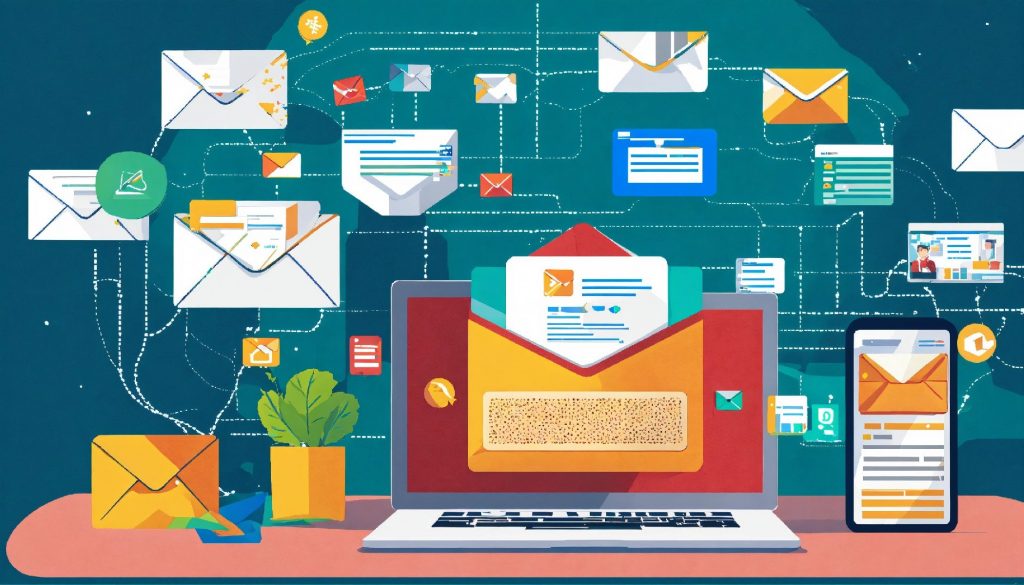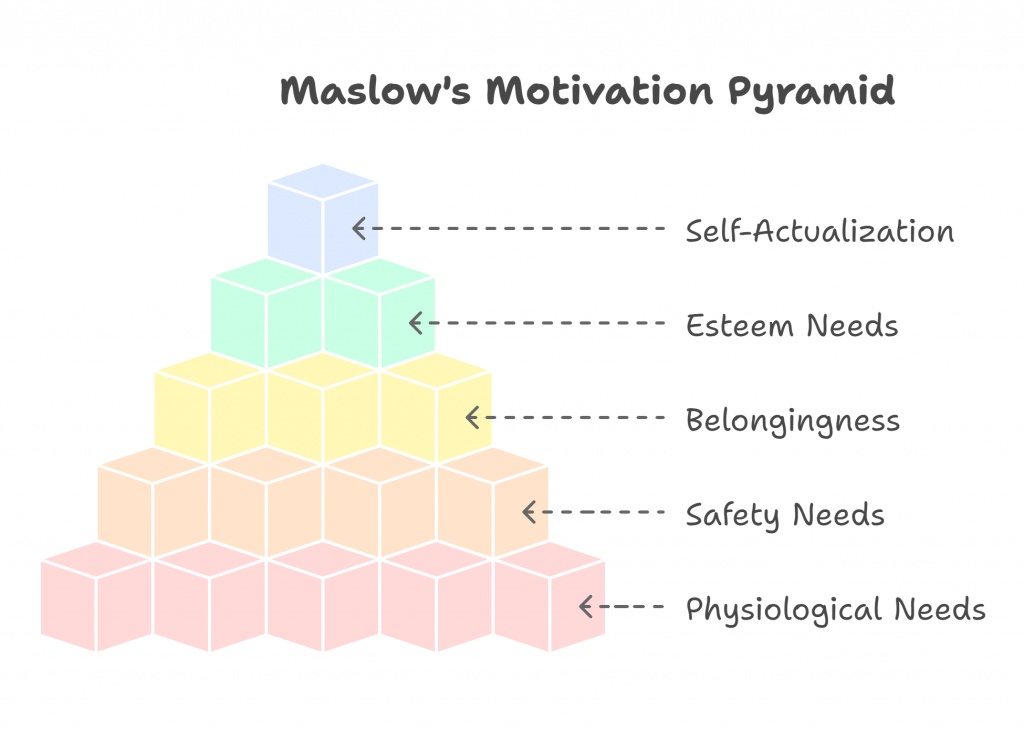Lead magnets are essential tools in the realm of digital marketing, serving as powerful assets to attract and capture potential leads for your business. 🧲 But the secret sauce lies not just in creating them, but in making them so irresistible your audience can’t help but say, “Yes!”
Whether you’re just starting out or looking to level up your lead generation strategy, this guide will walk you through how to craft lead magnets that grab attention and drive conversions — all while building a loyal email list that fuels your business growth. 💥
💡 1. Understanding the Importance of Lead Magnets

1.1 What Are Lead Magnets and Why Do They Matter?
Lead magnets are like the cool kids at a party — they grab attention and make people want to stick around. In the digital world, they’re freebies or incentives (like checklists, templates, or guides) offered in exchange for a visitor’s email. 🎁
Why they matter? Because they bridge the gap between random browsers and loyal subscribers — the kind of audience who wants to hear from you again and again.
1.2 The Role of Lead Magnets in Building Your Email List
Think of your email list as your inner circle — your VIP lounge. Lead magnets are the velvet rope inviting people in. ✨ The more valuable and relevant your lead magnet, the faster your list will grow with engaged leads.
🧠 2. Identifying Your Target Audience and Their Needs
2.1 Conducting Market Research to Understand Your Audience
Market research is your best friend. 💬 Dive into forums, social media, and customer feedback to learn what your audience is struggling with and what they’re searching for.
2.2 Creating Buyer Personas to Tailor Lead Magnets
A buyer persona is your ideal customer in profile form — their pain points, goals, and preferences. 🧍♀️🧍♂️ Tailoring your lead magnet to that persona makes it feel custom-made, increasing the likelihood of conversion.
📦 3. Choosing the Right Type of Lead Magnet
3.1 Exploring Different Types of Lead Magnets
From ebooks and templates to quizzes and video series, lead magnets come in many flavors:
- 📝 Checklists
- 🎥 Video Trainings
- 📊 Toolkits
- 📚 Mini eBooks
- 🧩 Quizzes
Find the format that makes sense for your topic and your audience’s learning style.
3.2 Matching Lead Magnet Type to Audience Preferences
Think of it like pairing coffee with the right pastry. ☕🍩 If your audience prefers quick wins, a checklist might be perfect. If they love learning in depth, consider a free training series.
✍️ 4. Crafting Compelling and Irresistible Offers
4.1 Elements of an Effective Lead Magnet Offer
Here’s the secret formula:
- A catchy, benefit-driven headline 🧲
- Immediate value ✅
- Easy to access 📩
- Actionable content 🛠️
4.2 Writing Persuasive Copy and Call-to-Actions
Your CTA should feel like a no-brainer. 💬 “Grab your free cheat sheet now!” > “Submit.” Make your message all about the benefit, not the ask.
🎨 5. Designing and Creating High-Quality Lead Magnets
5.1 Design Best Practices for Lead Magnets
Keep it simple, clean, and branded. Use:
- ✅ Bold headlines
- ✅ Bullet points
- ✅ High-quality visuals
You want it to look like it was worth paying for.
5.2 Tools and Resources for Creating Professional Lead Magnets
You don’t need to be a designer:
- 🎨 Canva (free & user-friendly)
- 📘 Designrr (great for ebooks)
- 📊 Beacon (for checklists, lead magnet funnels)
📣 6. Implementing Effective Promotion Strategies

6.1 Utilizing Various Channels to Promote Lead Magnets
Share your lead magnet everywhere:
- Your website 🖥️
- Blog posts 📖
- Email signature 💌
- Facebook groups & forums 💬
6.2 Leveraging Social Media and Paid Advertising
Social media is your megaphone. 📢 Create short-form content that promotes your lead magnet, and if you’ve got budget, use Facebook or Pinterest ads to reach even more eyes.
📊 7. Analyzing and Optimizing Conversion Rates
7.1 Tracking Metrics and Analyzing Conversion Data
Use tools like:
Track opt-in rates, bounce rates, and how engaged new leads are after signing up.
7.2 A/B Testing and Continuous Improvement Strategies
Test different headlines, formats, and CTA buttons. 🔁 Small tweaks can lead to BIG results.
🔁 8. Leveraging Lead Magnets for Ongoing Success
8.1 Nurturing Leads Through Email Campaigns
Once they’re in, don’t ghost them. 🫶 Follow up with an automated email series that:
- Delivers value
- Builds trust
- Introduces your offers
8.2 Repurposing Lead Magnets for Different Marketing Channels
Chop that ebook into bite-sized blogs. ✂️
Turn that checklist into a carousel post.
Repackage your webinar as a mini-course.
Your lead magnet content can go far with a little remixing. 🎶
📌 Affiliate Disclaimer: This post may contain affiliate links. If you click and purchase, I may receive a small commission at no extra cost to you. I only recommend tools I genuinely love and use. 💛
🙋♀️ Frequently Asked Questions
Q1: What types of lead magnets are most effective for beginners?
🧩 Start with checklists, templates, or cheat sheets. They’re quick to create and offer instant value.
Q2: How can I measure the success of my lead magnet in terms of conversion rates?
📈 Use opt-in form conversion rates, email open rates, and engagement metrics like clicks or replies.
Q3: Are there any free tools available for creating high-quality lead magnets?
✅ Yes! Try Canva, Google Docs, or Beacon (which has a free tier). You don’t need fancy tools to get started.
Q4: What are some common pitfalls to avoid when designing and promoting lead magnets?
🚫 Don’t go too broad — niche wins. Also, avoid burying the CTA or requiring too many steps to access.



















